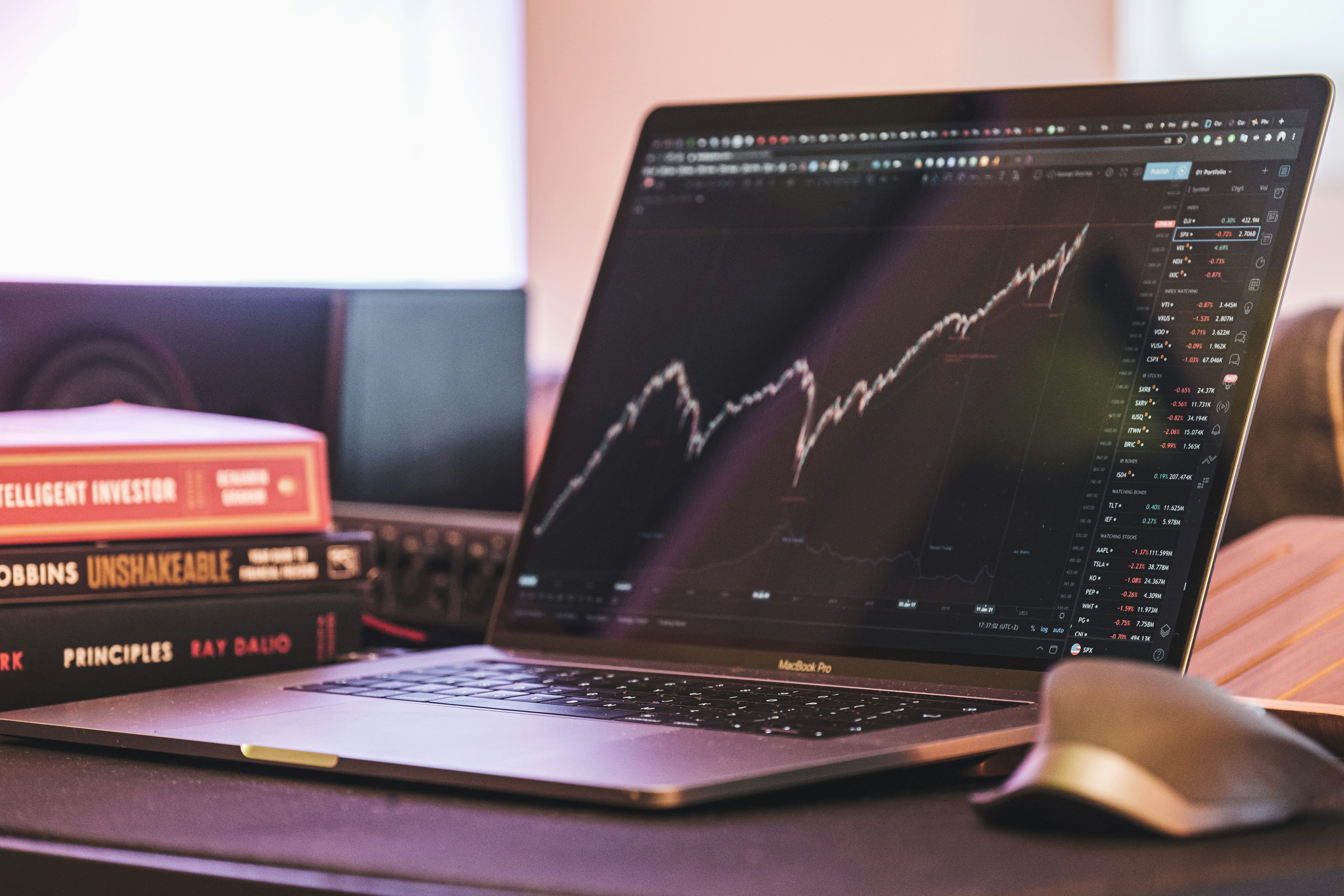Understanding the Egyptian Economy
The Egyptian economy has shown considerable resilience and growth potential in recent years, positioning itself as a burgeoning market in the region. Various key sectors have emerged as significant drivers of economic advancement, with tourism, technology, and renewable energy at the forefront. The government’s commitment to economic reforms has further paved the way for increased foreign direct investment (FDI) and local enterprise development, stimulating job creation and infrastructure improvements.
Tourism has long been a cornerstone of Egypt’s economy, attracting millions of visitors to its historical sites and natural wonders each year. The sector not only brings in substantial revenue but also supports numerous ancillary industries, including hospitality and transportation. As global travel trends evolve, Egypt’s diverse offerings and efforts to enhance safety and services look set to bolster this critical sector even further.
The technology sector is experiencing rapid growth, driven by a young demographic eager to engage with digital solutions. Egyptian startups are gaining traction, spearheaded by initiatives that promote innovation and entrepreneurship. The government’s support for technology-driven businesses, including incentives and infrastructure improvements, has made the country an appealing destination for tech investors. Concurrently, an evolving consumer base increasingly demands digital services and products, further pushing the technology sector’s expansion.
In addition to tourism and technology, the renewable energy sector is emerging as a vital area for investment, as Egypt harnesses its natural resources. The government has set ambitious targets, including the goal to generate a significant portion of its energy from renewable sources. This shift not only aligns with global sustainability trends but also offers substantial opportunities for both local and foreign investors looking to capitalize on the green energy revolution.
Understanding the demographics and consumer behavior is also pivotal for investors considering entering the Egyptian market. With a sizable youth population and rising middle class, the demand for diverse products and services is on the rise. Moreover, global economic trends influence local markets; aligning investment strategies to accommodate these trends could prove beneficial. Hence, as Egypt continues to adapt and thrive amid a dynamic global landscape, potential investors should closely monitor these evolving economic parameters.
Identifying Investment Opportunities
Identifying investment opportunities within Egypt’s emerging markets requires a systematic approach to market research and analysis. Investors should start by understanding the dynamics of various sectors and recognizing those that show growth potential amidst the country’s evolving economic landscape. The first step involves conducting thorough market research to gather pertinent data on different industries. This includes examining market size, growth rates, and the competitive landscape.
Another key component is analyzing industry trends. Keeping abreast of developments, regulatory changes, and technological advancements can provide valuable insights into sectors ripe for investment. For instance, industries such as technology, renewable energy, and healthcare have been gaining considerable traction in Egypt. Understanding how these sectors are being shaped by external and internal factors can inform sound investment decisions.
In addition to industry analysis, a keen understanding of consumer demands is crucial. Recognizing shifts in consumer behavior—such as preferences for sustainable products or digital services—can reveal lucrative opportunities that align with market needs. Investors should utilize surveys, focus groups, and data analytics to gauge consumer sentiment and trends effectively.
Utilizing various tools and resources is essential for evaluating businesses and sectors. Investors may find platforms that provide insights into local startups, real estate developments, and public-private partnerships valuable. These platforms often offer market assessments, financial performance indicators, and sector reports that can guide investment choices. Networking with local investors and consulting industry reports can also uncover investment prospects that might not be immediately visible.
Lastly, it is important to focus on sectors that demonstrate resilience amidst economic fluctuations. For example, the agricultural sector has shown adaptability and growth due to increasing domestic and export demands. By focusing on these resilient sectors, investors can increase their chances of success in Egypt’s burgeoning economy.
Building an Investment Strategy
Developing a robust investment strategy is crucial for any investor looking to capitalize on Egypt’s dynamic economy. The initial step in this process is establishing clear financial goals. These objectives should encompass both short-term needs, such as liquidity and emergency funds, and long-term aspirations, like retirement savings or wealth accumulation. Defining these goals allows investors to make informed decisions tailored to their financial situation and risk tolerance.
Risk assessment is the next critical component in formulating an effective investment plan. Investors must evaluate their willingness to accept risk versus the potential rewards of various investment opportunities in Egypt. By understanding their risk profile, individuals can select investments that align with their comfort level and financial objectives. This assessment involves analyzing market trends, economic indicators, and personal circumstances to create a comprehensive view of the investment landscape.
Diversification of an investment portfolio is another vital strategy. By spreading investments across various asset classes, such as stocks, bonds, and real estate, investors can reduce the overall risk associated with their financial portfolio. This approach is particularly important in an emerging market like Egypt, where economic conditions can fluctuate significantly. A well-diversified portfolio may include both domestic companies and international investments, enhancing stability and potential growth.
Adapting to local market conditions is essential for investors in Egypt. Keeping abreast of political, economic, and regulatory changes can significantly impact investment outcomes. Investors should leverage local financial institutions for guidance, as they possess insights into the nuances of the Egyptian market. Understanding regulations around property ownership, business investments, and tax implications is also crucial. This knowledge equips investors to navigate complexities effectively and make strategic, well-informed decisions that enhance their chances of success in Egypt’s growing economy.
Navigating Challenges and Risks
Investing in Egypt’s burgeoning economy presents multiple opportunities, but it also comes with significant challenges and risks that investors must navigate effectively. Political instability, economic fluctuations, and social factors can notably influence the investment landscape. Political changes can lead to alterations in regulations, affecting market conditions and investor confidence. Therefore, it is paramount for investors to stay updated on the political climate and engage in active risk assessment regarding potential changes that could impact their investments.
Economic risks in Egypt include inflation rates, currency fluctuations, and shifting market demands. To manage these risks effectively, conducting thorough due diligence is essential. This involves researching market trends, economic forecasts, and financial reports to obtain a clear picture of the investment environment. Furthermore, investors should consider building partnerships with local businesses. Establishing connections with individuals who understand the local market dynamics can provide invaluable insights, facilitating smoother entry and operation in the Egyptian economy.
Social risks, including public sentiment and cultural nuances, can also impact investment outcomes. Understanding the local culture is critical to building strong relationships and making informed decisions. Familiarity with customs, traditions, and consumer behavior can lead to better alignment of investment strategies with local expectations. This cultural awareness not only fosters goodwill but helps in mitigating potential backlash against foreign investments.
Turning potential setbacks into learning opportunities is another vital strategy for successful investing in Egypt. Recognizing that challenges are part and parcel of the investment process allows investors to adapt their strategies and enhance their decision-making capabilities. By maintaining a proactive approach through continuous learning and adaptation, investors can effectively navigate the complexities of the Egyptian market, transforming risks into potential rewards.



0 Comment